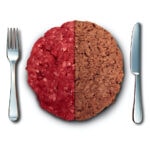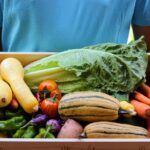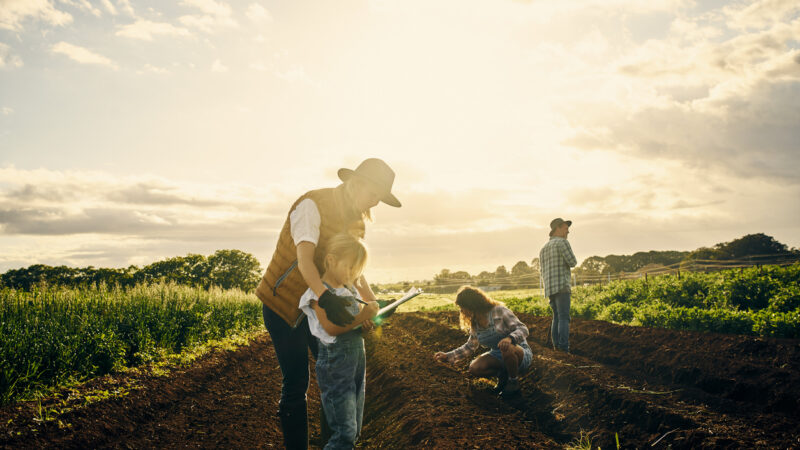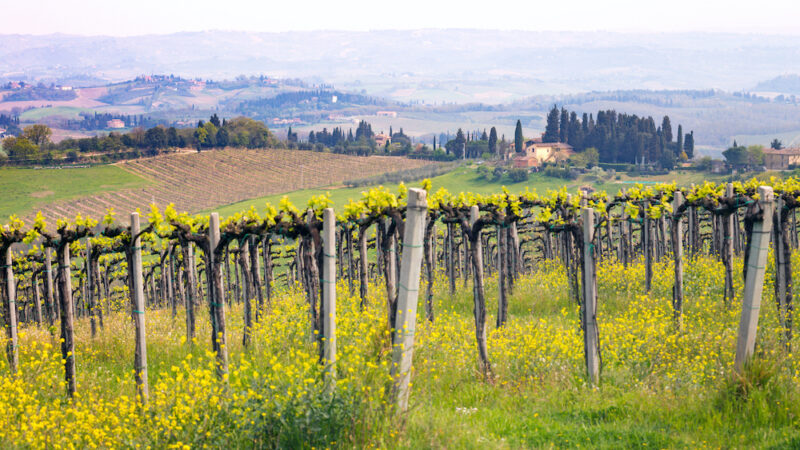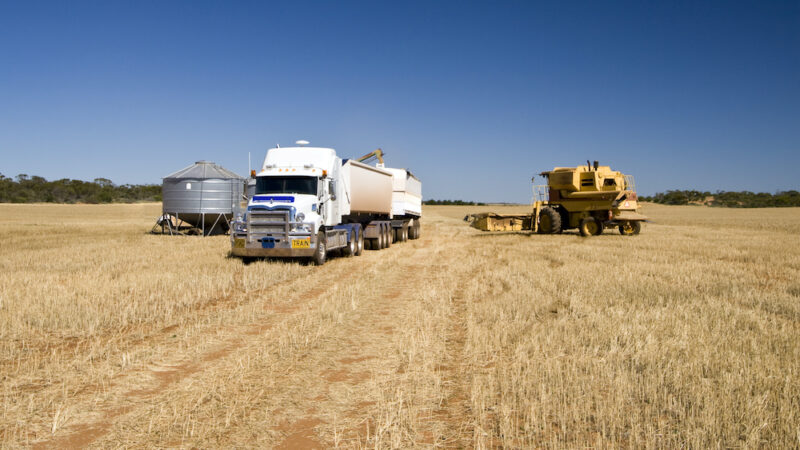At the NSW Farmers Alternative Protein Forum held in Sydney this March, representatives from relevant…
The race towards carbon neutrality
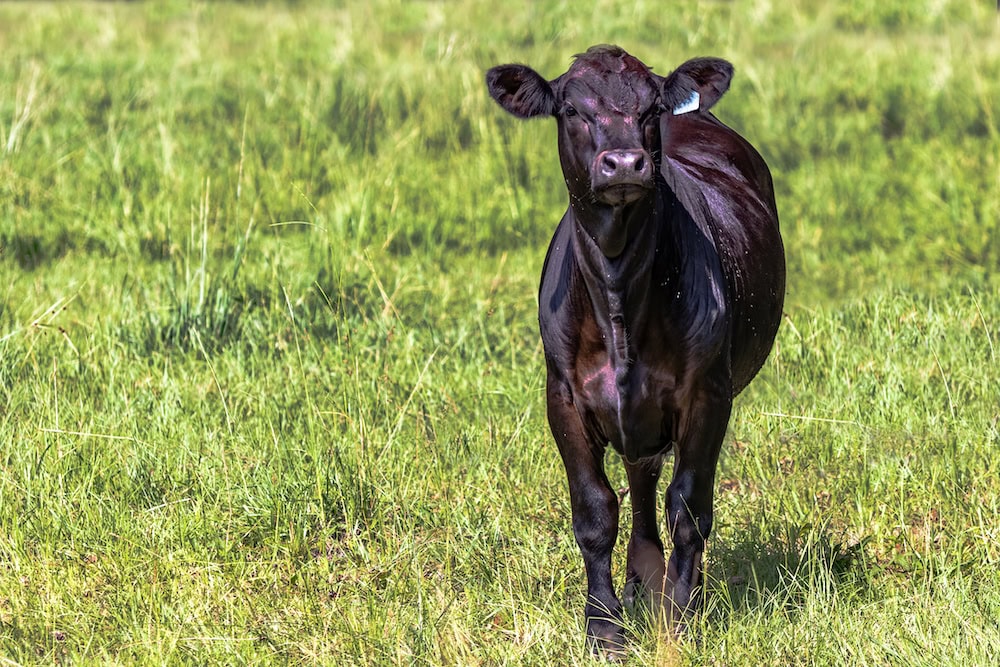
As so often happens around the carbon neutrality issue, most sectors of the economy are way ahead of government.
Agriculture is no exception: Meat and Livestock Australia (MLA) has come out with an ambitious target of carbon neutrality by 2030 and all major agricultural peak industry bodies, with the exception of horticulture, have expressed support for achieving carbon neutrality by 2050. By contrast, broad-based advocacy groups such as NSW Farmers and the National Farmers� Federation have yet to commit to any form of target.
Tagged as CN30, MLA�s initiative is working towards a target of all Australian red meat � beef, lamb and goat production, including lot feeding and meat processing � contributing no net release of greenhouse gas (GHG) emissions into the atmosphere by 2030. MLA sees this initiative as being �on the front foot, proactively taking action and aiming to maintain or improve long-term productivity and herd numbers while striving to deliver zero net emissions�.
According to the red meat industry research and development corporation (RDC), consumers are prepared to vote with their wallets regarding carbon neutrality, and the target has the backing of some of the industry�s leading producers and the demand for projects is on the rise.
Somewhat ambitiously, MLA is asking producers to �imagine that by 2030 we saw consumers make the decision to buy red meat because they knew it was a good choice for the environment and achieving carbon neutrality. The global population continues to rise, as does demand for red meat. Australia exports 70 per cent of its red meat and has an opportunity to be a world leader in producing an environmentally friendly, sustainable and high-quality source of protein�.
The red meat and livestock industry contributes 10 to 15 per cent of all of Australia�s GHG emissions, a figure that has halved since 2005. Not only have greenhouse gas emissions from the red meat and livestock industry fallen by 57.6 per cent since 2005, it now takes 65 per cent less water to produce a kilo of beef.
The bulk of the red meat industry�s emissions come from methane, 90 to 95 per cent of which is belched out by livestock at ground level, and stems from ruminant animals� natural digestion process. Ruminants such as cattle, sheep and goats have the unique ability to convert low-grade feed such as the grasses, forbs and shrubs they consume in mostly non-arable areas into valuable protein and vitamins for human consumption, plus various non-edible products.

In Australia, livestock are grazed on rangelands and savannahs where other food production systems like cropping are not viable. In addition to methane emitted by cattle, beef production also emits GHGs through:
� Meat processing
� Loss of soil carbon in overgrazed pastures
� Savannah burning conducted to manage woody weeds and promote pasture quality
� Nitrous oxide from manure in feedlots
� Application of nitrogen fertilisers to pastures and to grow grain, and
� Upstream inputs such as chemicals, fertilisers and diesel.
Mitch Clapham, NSW Farmers� representative on the National Farmers� Federation Sustainable Development Committee, believes that NSW Farmers should support an ambitious, feasible and achievable target. �It will take a lot of work to reach carbon neutrality,� he says. �The NFF Sustainable Development Committee has been looking at the concept of net carbon zero and the consensus is that net carbon zero by 2030 is a very ambitious target and net zero by 2050 is far more achievable.
�NSW Farmers is yet to form a view but in my opinion it�s an untenable situation as grain growers, cotton and MLA have all set targets, and NSW Farmers is in an untenable position until it does the same. As an Association that represents the interests of farmers to government and the community at large, we need to have the debate and take it forward.
�It�s a meaty issue � pun intended � and there is a diversity of opinion when you talk to different stakeholders. MLA believe it has to be on the front foot in marketing, provenance and sustainability and we need to decide if we want to be on the front foot as well.�
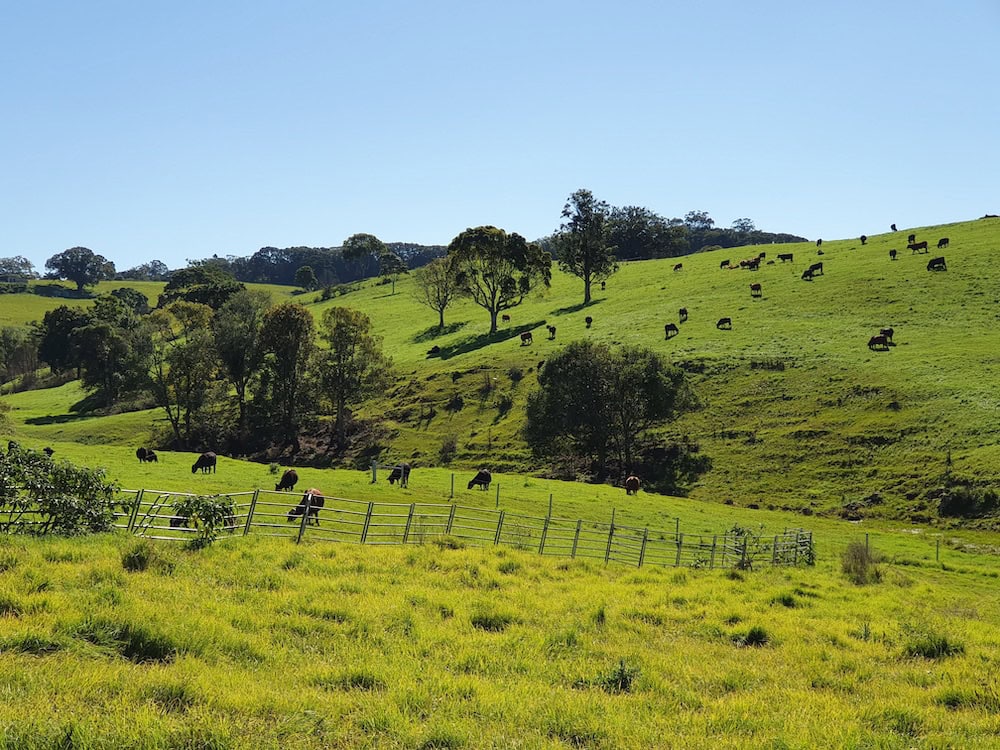
NSW Farmers is working on a process of coming to a position on net carbon zero. The Association�s leadership is being very clear that there will be a policy debate on the issue in the near future, but as part of the COVID-19 social distancing measures which postponed its annual conference, the executive committee is trialing an out of session process for decision making. Nevertheless, Clapham believes that over the long term, NSW Farmers must develop a clear view on the issue and the Association �needs to have the discussion. All the peak bodies have formed a view except horticulture and we�re in the business of representing farmers, so we need to have a position.
�MLA is doing a lot of interesting research in terms of carbon sequestration and feed additives. Not every farmer needs to achieve carbon neutrality because it is net zero emissions that we�re aiming for, but we have to put the target out there. Once we�ve had the debate, had the vote, decided on the target and put it out there, then it is a case of how to achieve it.�
According to Angus Atkinson, chair of the NFF Sustainable Development Committee, �net carbon neutral 2050 is one of the most important issues the National Farmers� Federation (NFF) Sustainable Development Committee will deal with this year.
�The 2030 Roadmap, NFF�s plan for a $100 billion industry, refers to an expectation that by 2050 the carbon market could provide income of about $40 billion to the land sector. This aspirational goal is predicated on significant developments in the methodologies, markets and innovations.
�NFF would never support any target and/or proposals that would put the competitiveness or ongoing growth of major farm sectors at risk. At this point, the NFF does not have a formal policy view on net carbon neutral 2050.
�To manage the journey, the NFF is committed to working with its members, including NSW Farmers, and all commodities groups to develop plans or pathways by 2025 to make an informed assessment.
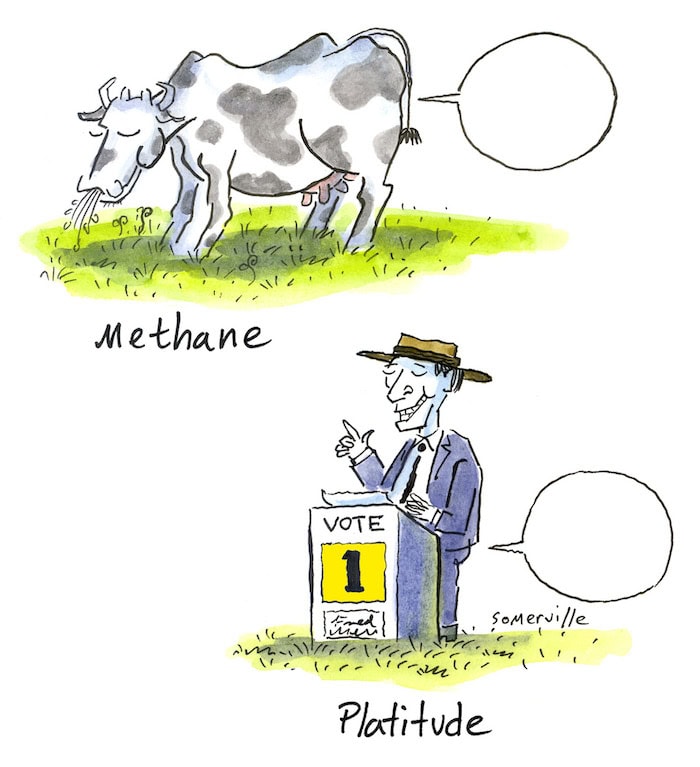
�It is critical for farmers to be part of this discussion. The farming sector is under increasing pressure to commit to emissions targets, and the pathway for achieving these targets will be something all our members will need to grapple with in their various policy development forums.
�It is important to remember that agriculture is in the unique position that it not only feeds the nation, but it has enabled the Australian Government to claim that Australia will exceed its emission reductions targets. Farmers must be recognized for this magnificent achievement and be a part of the ongoing discussions and future plans.
�The proposal of net carbon neutral by 2050 is an economy-wide aspiration; it�s neither sector by sector nor farm by farm. The complexity and diversity of agriculture means it will be a complicated process, not achieved in sound bites or headlines.�
Despite the circumspection of groups such as the NFF, it is difficult to overstate the opportunity for farmers when it comes to net zero emissions goals. However, it needs to be noted that carbon initiatives to date have not worked for agriculture as a whole with many farmers unable to participate and little money actually flowing. Nevertheless, if the mechanisms and programs used to achieve the goal are properly designed and recognise the complexity of the carbon cycle by having farmers as part of the design process; no other industry can be part of the solution by drawing down greenhouse gases and getting a two-for-one benefit in the process. By investing in research and helping farmers change some agricultural practices, it is not only possible to reduce CO2 and greenhouse gas emissions but also to sequester carbon, drawing down GHGs while making farmers more resilient to climate change.
The transport and energy sectors can only stop or reduce their emissions; unlike agriculture there is no ready-to-be-deployed reversal mechanism. There is no doubt achieving net carbon zero by 2030 or 2050 will be a challenge to NSW food and fiber producers, but no one can say �it can�t be done� because farmers all over Australia, not just in NSW, are already doing it.
In an opinion piece published in the Sydney Morning Herald, Niall Blair, professor of food sustainability at Charles Sturt University, former NSW minister for primary industries and deputy leader of the NSW Nationals, wrote �We could unlock billions of dollars from government and industry funds, paid directly to farmers to help improve their natural capital, their soil, vegetation and farming practices �not to mention innovation and research � which, in turn, will reverse the effects of climate change. This will also ensure our commodities are acceptable to eco-wise consumers in a competitive market where already 70 countries have committed to the net zero target.
�Farming is hard enough and becoming harder with more droughts, severe storms and unreliable weather patterns. Ultimately, this will have an impact on the food security of this nation. That impacts you, me, our farmers and our future.
�A net zero emissions future in Australia provides nothing but opportunities for our farmers. And, with 30 years to get there, they are ready, willing and able. It�s also the right thing to do. Granted we need details, innovation, research and costings but, if we get it right, we can capitalise on the opportunities and leave behind those who are doing the scaremongering. The future awaits us, and we shouldn�t fear it.�


